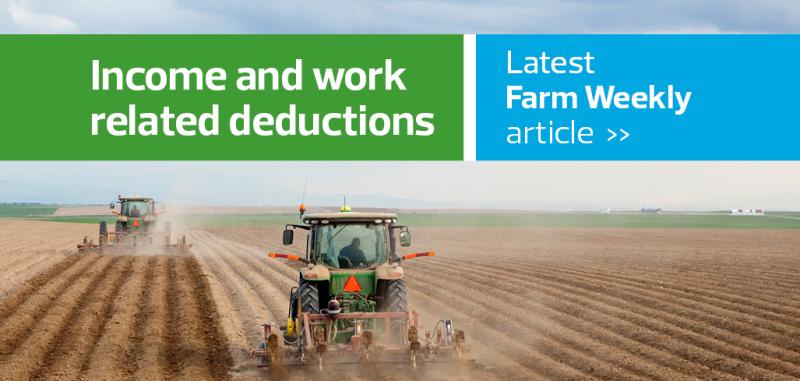ATO reverses opinion on JobKeeper and calculation of turnover. Click here for the update.
Struggling businesses in receipt of JobKeeper payments would have felt some relief when cashflow was a real issue. So, could the fairy-tale be short-lived if the same payments are now required to be included in the calculation of “annual turnover”?
According to the ATO… yes. 
The calculation of annual turnover is important for many entities as it is a key figure in the calculation of aggregated turnover used to determine eligibility for a multitude of tax concessions, including:
- $10m aggregated turnover threshold for Small Business Entity concessions
- $2m aggregated turnover threshold for Capital Gains Tax (CGT) Small Business Entity concessions
- $50m aggregated turnover threshold for Base Rate Entity concessions
- $20m aggregated turnover threshold for the refundable Research and Development tax incentive (non-refundable for entities over this threshold)
- $50m aggregated turnover threshold for instant asset write-off of assets less than $30,000 acquired between 1 July 2019 and 11 March 2020.
Potentially, this situation may negatively impact many businesses. A boost intended to contribute to the survival of these businesses during difficult times could now prove detrimental when preparing their tax returns.
Let’s take a closer look at what the rules say. Annual turnover is defined as the total “ordinary income” derived in an income year in the “ordinary course of carrying on a business”. Essentially there are two important limbs of this definition that require consideration.
Ordinary income
Ordinary income is not something specifically defined in the legislation, so we requested guidance from the ATO. The ATO referred solely to Taxation Ruling TR 2006/3, which provides the Commissioner’s view on the treatment of government payments to industry and defined these payments as ordinary income.
The ATO view is that JobKeeper payments are ordinary income in the hands of the recipient. This conclusion was reached on the basis that it was likened to income support because of an actual or expected reduction in business income and assistance with business operating costs or liabilities, both of which are referred to in TR 2006/3.
Ordinary course of business
This is something else which is not defined in the legislation; the ATO website states: 
“Generally, you derive income in the ordinary course of running a business if you:
- regularly or customarily derive the income in the course of running a business, not from any special circumstance or unusual event
- don’t regularly derive the income but you do derive it directly from your normal business activities”
One could argue that JobKeeper payments could fall under the second item. It is not a stretch to expect a pandemic to be considered a “special circumstance or unusual event”.
Even if JobKeeper payments are considered ordinary income, they were certainly not derived in the ordinary course of business. This would mean they would not be ordinary income and could avoid inclusion in the calculation of annual turnover.
Nevertheless, the ATO view is that the JobKeeper payments are ordinary income derived in the ordinary course of carrying on a business and are to be included in annual turnover.
Given the potential negative impact of the ATO position on JobKeeper payments, many businesses may now need to consider the impact of JobKeeper on their eligibility for other tax concessions.
How can RSM help?
If you have any questions regarding JobKeeper payments, or should you need to discuss your business situation further, please get in contact with your local RSM representative.




